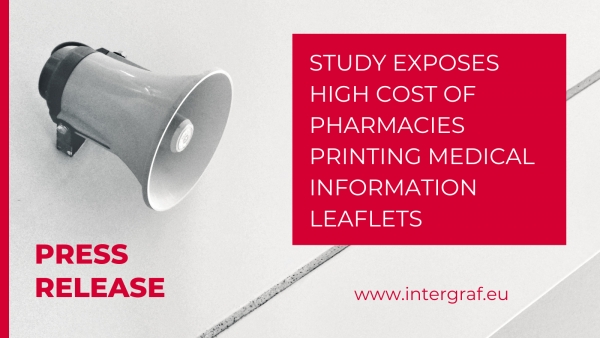15 May 2013
Employee Shareholder Status: Final Result
Following a great deal of debate and 'Parliamentary Ping-Pong', the House of Lords on 24 April 2013 finally approved legislation creating a new type of employment status: the 'employee shareholder', due to become law on an undetermined date this autumn.
The construction of this new status is that in return for a minimum of £2,000 worth of company shares the newly minted employee shareholder gives up certain key rights, most notably the right to claim unfair dismissal, a statutory redundancy payment and to apply for flexible working.
The Lords' had previously rejected the new law on the basis that there were insufficient safeguards in place to ensure that an employee fully understood the nature of the bargain being struck. The last minute change therefore was that now any employee shareholder agreement will be invalid unless the relevant employee has received advice from an independent legal advisor (i.e. a solicitor or their union).
This is ostensibly the same process for signing a compromise agreement ending employment. And just as with a compromise agreement, the employer must pay the reasonable costs of the employee seeking this independent advice. The cost of this to the employer is likely to be in the £250-£350 plus VAT range per employee, though for senior key staff this could be much more where a significant amount of shares are being transferred and advice on the complex rights attached to those shares is also needed.
The above provision is not however the only safeguard in place. There is also a seven day 'cooling off' period during which any acceptance of employee shareholder status will not be binding on either party and capable of revocation. In addition employers must provide a full written statement with details of the shares to be transferred and the rights those shares carry. Finally existing workers will be protected from detriment if they refuse to become an employee shareholder.
Further points of note are that the first £2,000 of shares transferred will not be subject to income tax, with the first £50,000 worth of shares also being exempt from Capital Gains Tax. Also any jobseeker who refuses a job offer on an employee shareholder basis will not lose their entitlement to social security benefits in doing so.
Conclusion
The proposed law on this topic started out life with the aim of creating a new class of 'entrepreneurial employees'. However given the final form it has taken it is entirely possible that many employers will see the administrative and legal costs of offering shareholdings to their workforce en masse as prohibitive and impractical. It may be then that ultimately this is a status better suited to those in senior executive positions, with perhaps more motivation to take a capital stake in their employer and for whom the initial outlay on legal costs on the part of the employer is justifiable.
 Intergraf Economic News (Paper Prices) - March 2024
Intergraf Economic News (Paper Prices) - March 2024
18 March 2024
Access the latest edition of the Economic Newsletter for the European Printing Industry for data on paper consumption, and pricing data for pulp, paper and recovered paper. Data for packaging papers and board is also available with this edition.
 STUDY EXPOSES HIGH COST OF PHARMACIES PRINTING MEDICAL INFORMATION LEAFLETS
STUDY EXPOSES HIGH COST OF PHARMACIES PRINTING MEDICAL INFORMATION LEAFLETS
7 March 2024
Intergraf welcomes the release of a study by our partner MLPS (Medical Leaflet = Patient Safety), a subgroup of the European Carton Manufacturers Association (ECMA) shedding light on the potential economic costs associated with the proposed use of Print on Demand (PoD) leaflets in the pharmaceutical legislation revision.

The BPIF is the printing industries champion. By becoming a member you join a diverse and influential community. We help you solve business problems, connect you to new customers and suppliers and make your voice heard in government.
Call 01676 526030









